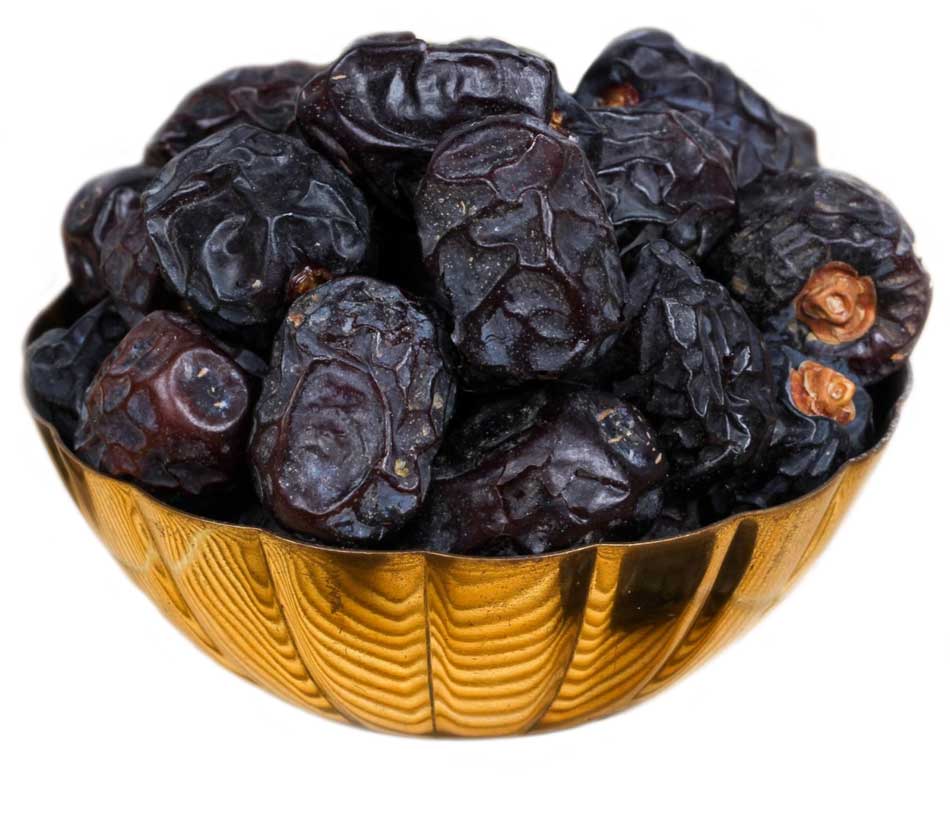Kurma Ajwa: Understanding its Impact on Blood Sugar Levels

Introduction
Kurma Ajwa, a variety of dates prized for their rich flavor and nutritional benefits, has been a staple food in many cultures for centuries. However, there is often confusion about how dates, including Ajwa, affect blood sugar levels, especially for individuals with diabetes or those trying to manage their sugar intake. In this blog post, we’ll delve into the relationship between Ajwa dates and blood sugar levels, exploring its glycemic index, fiber content, and other factors that influence its impact on blood glucose.
Glycemic Index of Kurma Ajwa
The glycemic index (GI) is a measure of how quickly a food raises blood sugar levels after consumption. Foods with a high GI are rapidly digested and absorbed, causing a spike in blood glucose, while those with a low GI are digested more slowly, resulting in a more gradual increase in blood sugar. Ajwa dates fall into the category of foods with a medium to high GI, typically ranging from 43 to 55. While this may seem concerning for individuals concerned about blood sugar control, it’s essential to consider other factors beyond GI when evaluating the impact of dates on blood sugar levels.
Fiber Content
One crucial factor that mitigates the impact of Ajwa dates on blood sugar levels is its high fiber content. Fiber plays a significant role in slowing down the absorption of sugar into the bloodstream, helping to prevent spikes in blood glucose levels. These dates are particularly rich in dietary fiber, with just a few dates providing a significant portion of the recommended daily intake. By consuming dates in moderation and as part of a balanced diet, individuals can benefit from the satiating effects of fiber while minimizing the risk of blood sugar spikes.
Other Factors to Consider
While the GI and fiber content of Ajwa dates are essential considerations for managing blood sugar levels, other factors can influence its impact on glucose metabolism. These include the overall composition of the meal or snack, individual differences in metabolism, and the presence of other nutrients and phytochemicals in dates that may affect blood sugar regulation. Additionally, portion control plays a crucial role in managing blood sugar levels, as consuming excessive amounts of any food, including dates, can lead to spikes in glucose levels.
Conclusion
In conclusion, Kurma Ajwa can be included in a balanced diet without significantly impacting blood sugar levels when consumed in moderation. While it has a moderate to high glycemic index, its high fiber content helps slow down the absorption of sugar into the bloodstream, mitigating the risk of spikes in blood glucose levels. However, individuals with diabetes or those concerned about their sugar intake should monitor their portion sizes and consider consulting a healthcare professional for personalized dietary advice.
Key Highlights:
– Kurma Ajwa falls into the category of foods with a medium to high glycemic index (GI).
– Despite its GI, Ajwa dates are rich in dietary fiber, which helps slow down the absorption of sugar into the bloodstream.
– Other factors, such as portion control and meal composition, also influence the impact of Ajwa dates on blood sugar levels.
– Individuals with diabetes or those managing their sugar intake can enjoy these dates in moderation as part of a balanced diet.